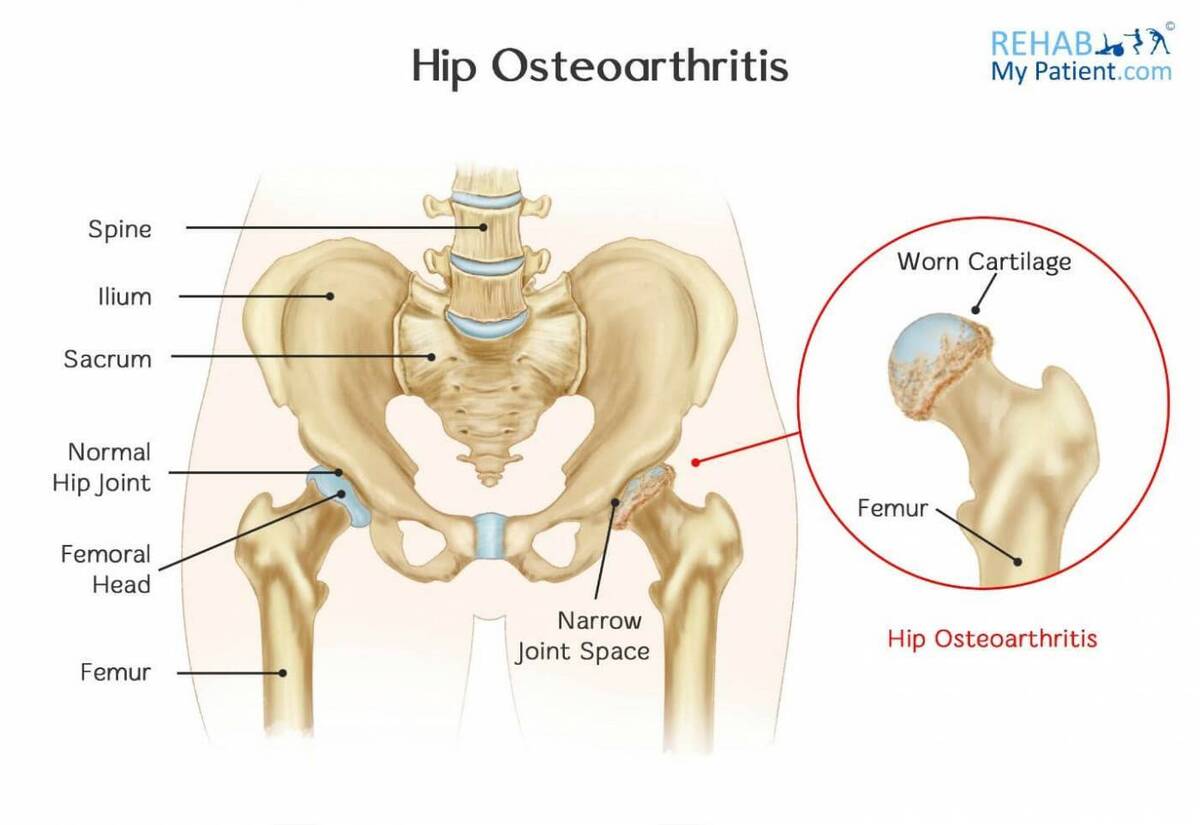Study Shows Causal Link between Hip OA, Multisite Chronic Pain

In a groundbreaking study published in the Journal of Osteoarthritis and Cartilage, researchers unveiled a significant causal relationship between Hip Osteoarthritis (OA) and multisite chronic pain. This comprehensive investigation utilized a state-of-the-art Mendelian Randomization (MR) approach to delve into the associations between various subtypes of OA and common comorbidities.
The study employed genetic instruments derived from the largest genome-wide association studies (GWAS) of OA to ensure robustness in the findings. The research focused on OA of the knee, hip, and hand, comprising data from thousands of cases and controls. Comorbidities investigated included depression, tiredness, multisite chronic pain, irritable bowel syndrome (IBS), and gout, with genetic associations drawn from extensive GWAS datasets.
The results were nothing short of groundbreaking. It was conclusively established that Hip OA exerts a causal effect on multisite chronic pain. This finding brings to light a previously underexplored aspect of OA-related chronic pain, shedding light on potential avenues for more targeted treatments and interventions.
In addition, the study uncovered other intriguing relationships. Multisite chronic pain was found to have a causal effect on knee, hip, hand, and overall OA. This indicates a multifaceted interplay between chronic pain and different OA subtypes. Interestingly, depression and tiredness were found to exert causal effects on knee and hand OA, but not on hip OA.
The implications of this research are profound. It not only enhances our understanding of the intricate relationship between OA and comorbidities but also paves the way for more effective and tailored approaches to managing chronic pain in OA patients. These findings hold promise for the development of targeted therapies and interventions aimed at alleviating the burden of multisite chronic pain in individuals suffering from Hip OA.
This study represents a significant leap forward in the field of OA research, offering new insights that have the potential to revolutionize treatment strategies for those affected by this debilitating condition. The researchers' meticulous use of MR methodology and comprehensive analysis of genetic associations have yielded results that are poised to make a tangible impact on the lives of OA patients worldwide.
4155





















